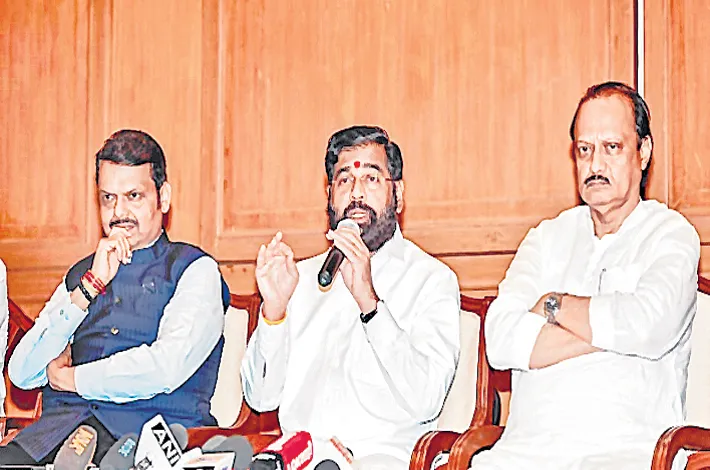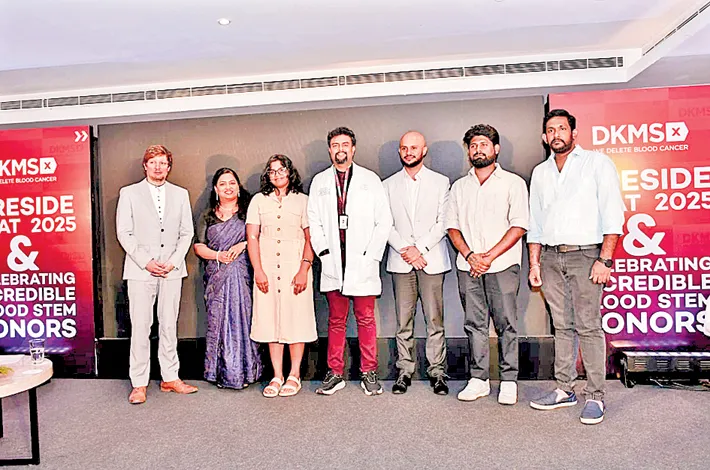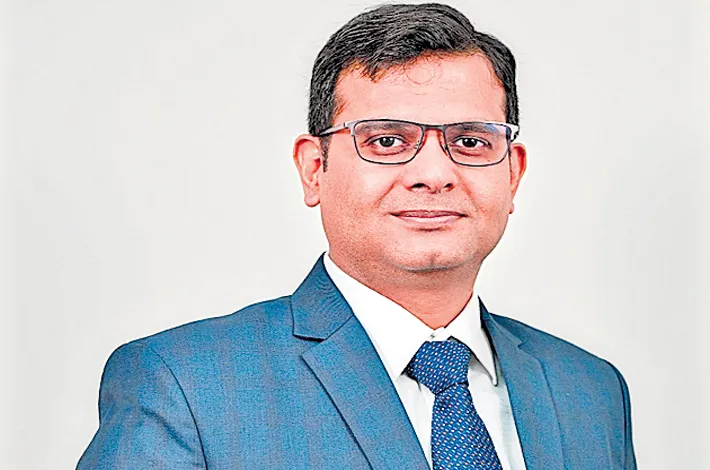To be or not to be united, that’s the question in Maharashtra
08-10-2025 12:00:00 AM

For the first time in the history of Maharashtra’s political alliances, we will see a pattern of ‘alliances staying intact’ in some parts of the state
Maharashtra has seen the most unexpected twists and turns in politics in the last three years, as leaders were suddenly seen switching sides. Now, just a couple of months ahead of the big civic polls season in the state, where most of the state’s 27 municipal corporations and about 32 district councils of 36 districts will witness elections, leaders are testing waters for new seat-sharing alliances!
One might see Uddhav Thackeray’s Shiv Sena getting closer to Raj Thackeray’s MNS in Mumbai and Sharad Pawar’s NCP in Thane, while the BJP has, on the one hand, decided to go for seat-sharing with Eknath Shinde’s Shiv Sena in Mumbai but, on the other hand, has decided to fight independently in Thane! What will happen in cities like Pune and Nashik seems to be undecided as yet, as leaders are just not sure about how the local aspirants will react if some decision happens suddenly about giving them candidature or denying it. Just a couple of days ago, Maharashtra Navnirman Sena chief Raj Thackeray visited Uddhav Thackeray’s residence at Bandra and spent over two hours with him discussing the various possibilities. The buzz now is that the Thackeray cousins feel that they will survive in the Brihanmumbai Municipal Corporation (BMC) only if they get into some kind of a seat-sharing deal and announce that they have reunited, at least after spending almost 20 years as separate political forces.
The BJP top brass is constantly holding meetings with its leaders from various cities, districts, and tehsils in Maharashtra in order to decide what should be done in terms of seat-sharing with their current alliance partners. The news which has emerged in the past few days is that the BJP have almost decided that they will fight as a Mahayuti alliance in Mumbai city and suburbs, leaving a sizeable number of seats for Eknath Shinde and some seats for Ajit Pawar’s NCP.
But what will they do in Thane and Navi Mumbai? Many BJP leaders, such as party MLA Sanjay Kelkar, have been insisting in various party meetings that the BJP should fight separately in Thane. Thane is a good case study of a large city where political equations have rapidly changed. Balasaheb Thackeray’s Shiv Sena established itself as the ruling party for the first time in Thane Municipal Corporation and remained a dominant force till the BJP started growing there from the 2012 municipal polls. In 2023, Eknath Shinde moved away from Uddhav Thackeray to join the BJP. Now there is Eknath Shinde, the BJP, and Sharad Pawar’s NCP, which have a large presence in the field. Will the BJP fight alone in Thane? Will Uddhav Thackeray make some agreement with a leader like Jitendra Awhad? Will Congress prefer to fight as Maha Vikas Aghadi (MVA) in Thane? What will be the final call taken by the BJP leadership? All this will depend on how the situation changes in the coming weeks.
Thinking of changing situations, political observers are now saying the heavy floods, which destroyed the kharif crops in many districts of the Marathwada region and the southern part of Maharashtra, in places like the Solapur district, need to be factored in because they are likely to put a lot of pressure on the ruling political parties. The Marathwada region witnessed three times the usual average rainfall in the month of September. Torrential rains have hit farmers really hard, causing severe damage to thousands of hectares of farmland and large-scale destruction of villages and livestock. The state government is now contemplating how to provide relief to the farmers of the affected areas. However, observers feel that the government may not be able to fulfil the demands of the farmers, which seem to be quite large-scale. This will inevitably become a political issue and will affect polling in the district council or zilla parishad polls.
Looking at this situation, the alliance partners in the ruling Mahayuti may decide to stick to the alliance and fight the district council polls together (similar to the assembly poll alliance) so that the resentment or anti-incumbency spirit, which might build among the rural population, particularly the farmers, can be handled in a better manner.
All this will lead to a situation where, perhaps for the first time in the history of Maharashtra’s political alliances, we will see a pattern of ‘alliances staying intact’ in some parts of the state, especially Mumbai and remote districts like Beed or Nanded, and, at the same time, ‘alliances breaking’ in cities like Thane and Pune!








